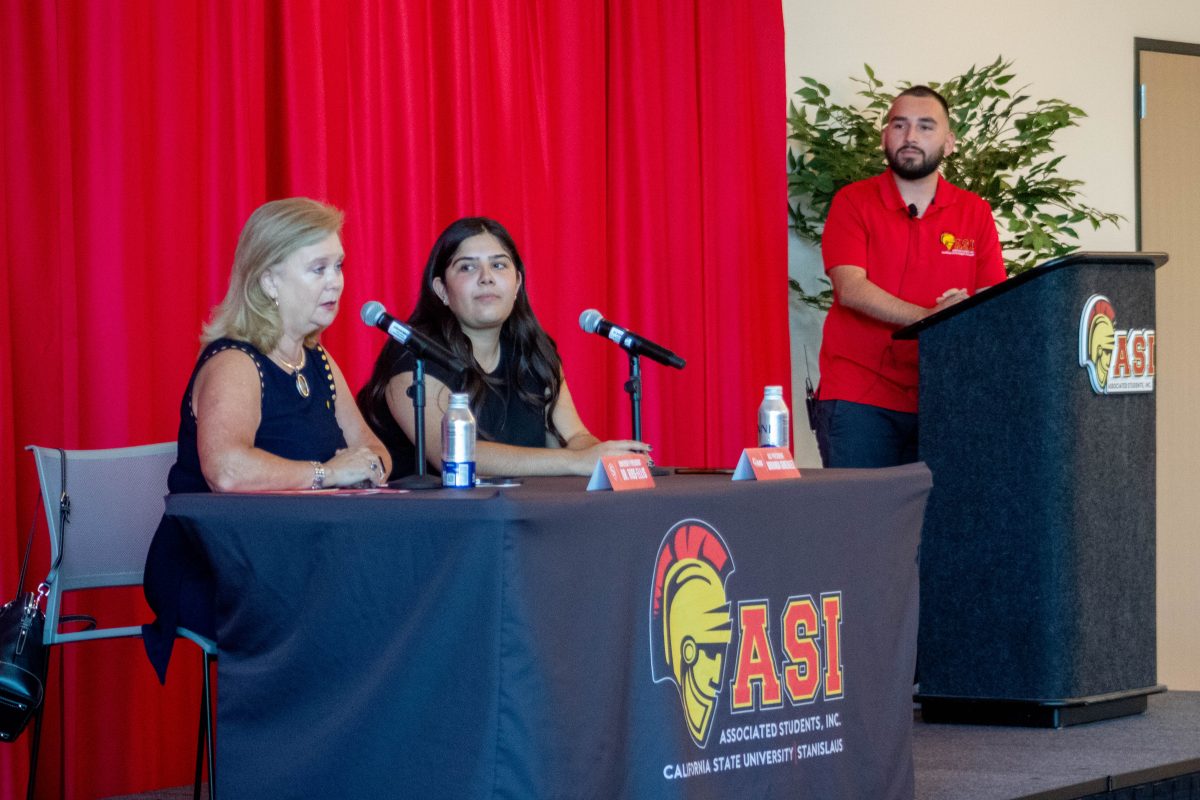Various politicians—Democrats and Republicans alike—are calling on Congress to pass the Development, Relief, and Education for Alien Minors (DREAM) Act, after President Donald Trump’s administration rescinded the Deferred Action for Childhood Arrivals (DACA) Program.
This past Oct. 18, in fact, House Democratic Leader Nancy Pelosi called on the Republican-controlled Congress to support and pass the DREAM Act by the end of this year, according to Los Angeles (LA) Times.
“You can have all the conversations in the world that you want, but you’ve got to have the votes,” Pelosi said to the LA Times, encouraging the rest of the Republicans to support the Dream Act.
According to PolitiFact, a non-partisan fact checker, 76 percent of the American people support the passing of the DREAM Act, as well as 69 percent of the Republicans and 84 percent of the Democrats.
What DACA offers
DACA provides a temporary relief from deportation and grants legal permissions to young adults who were brought into the U.S. as children. This program has enabled recipients to work lawfully, attend school and live a worriless life without the fear of being deported to a different, unknown country. However, DACA does not guarantee legal status to its recipients and a renewal every two years is required.
“DACA, I believe, is over. The short-term executive order is seen illegal and Trump won’t bring it back up,” Alejandro García (senior, Business) said. “We have until March 5th to have congress pass a long term solution for the [DREAMers]. There are a few bills, and the DREAM Act 2017 is the one that has the most support.”
What the DREAM Act offers
The most current version of the Dream Act, introduced this past July, “allows current, former and future undocumented high-school graduates and GED recipients a three-step pathway to U.S. citizenship through college, work or the armed services,” according to the American Immigration Council (AIC).
The first step of the three offers a conditional permanent residence (CPR) that protects individuals for up to eight years. Those eligible for this must be under the age of 18, have not been convicted of a crime and have been admitted to a higher education institution or have at least obtained their diploma or General Educational Development (GED).
Next step grants lawful permanent residence (LPR or green card) to those who have either completed at least two years in higher education, in the military or have been working in the country at least for the past three years.
Naturalization would be the last step offered out of the three, where recipients who have maintained LPR status for five years can apply to become U.S. citizens.
The AIC website states, “According to the Migration Policy Institute, as many as 3.4 million individuals would qualify under the 2017 version of the Dream Act, and over 1.5 million would eventually obtain a green card.”
Central Valley immigrants right activist, Homero Mejía, says he would rather have a program that guarantees a path towards citizenship, and therefore is in support of the DREAM Act.
“I would prefer comprehensive immigration reform with pathway to citizenship. However, that is not on the table at current situation,” Mejía said. “I prefer the DREAM Act over DACA because it is a permanent solution that gives legal permanent residency with path to citizenship after being a resident for five years.”
On Sept. 13, Republican Congressman Jeff Denham (CA-10) publicly co-sponsored the DREAM Act, a few days after DACA was rescinded. Through a memo published on his site (Denham.house.gov), he says that he is co-sponsoring such bill in order to protect and keep the DACA recipients in this country they call home.
“We must send legislation to the president’s desk to permanently address citizenship status for DACA recipients,” Denham stated in his memo. “These young men and women were brought to America by their parents through no fault of their own and know no other country to call home. Congress has to do its job and not allow partisan politics to get in the way of finding a solution to this problem.”
Moreover, on Nov. 10-12, Movimiento Estudiantil Chicanx de Aztlán (MEChA) will be hosting a march from Merced to Modesto with the goal of pressuring Congress to pass the DREAM Act in order to keep DACA recipients protected and in the country.
For more information, you can call (209)683-0271, or you can follow the club on social media to show support or participate: stanstatemecha.
Categories:
DREAM Act pressured to be passed
0
Donate to Signal
Your donation will support the student journalists of California State University, Stanislaus. Your contribution will allow us to purchase equipment and cover our annual website hosting costs.
More to Discover








